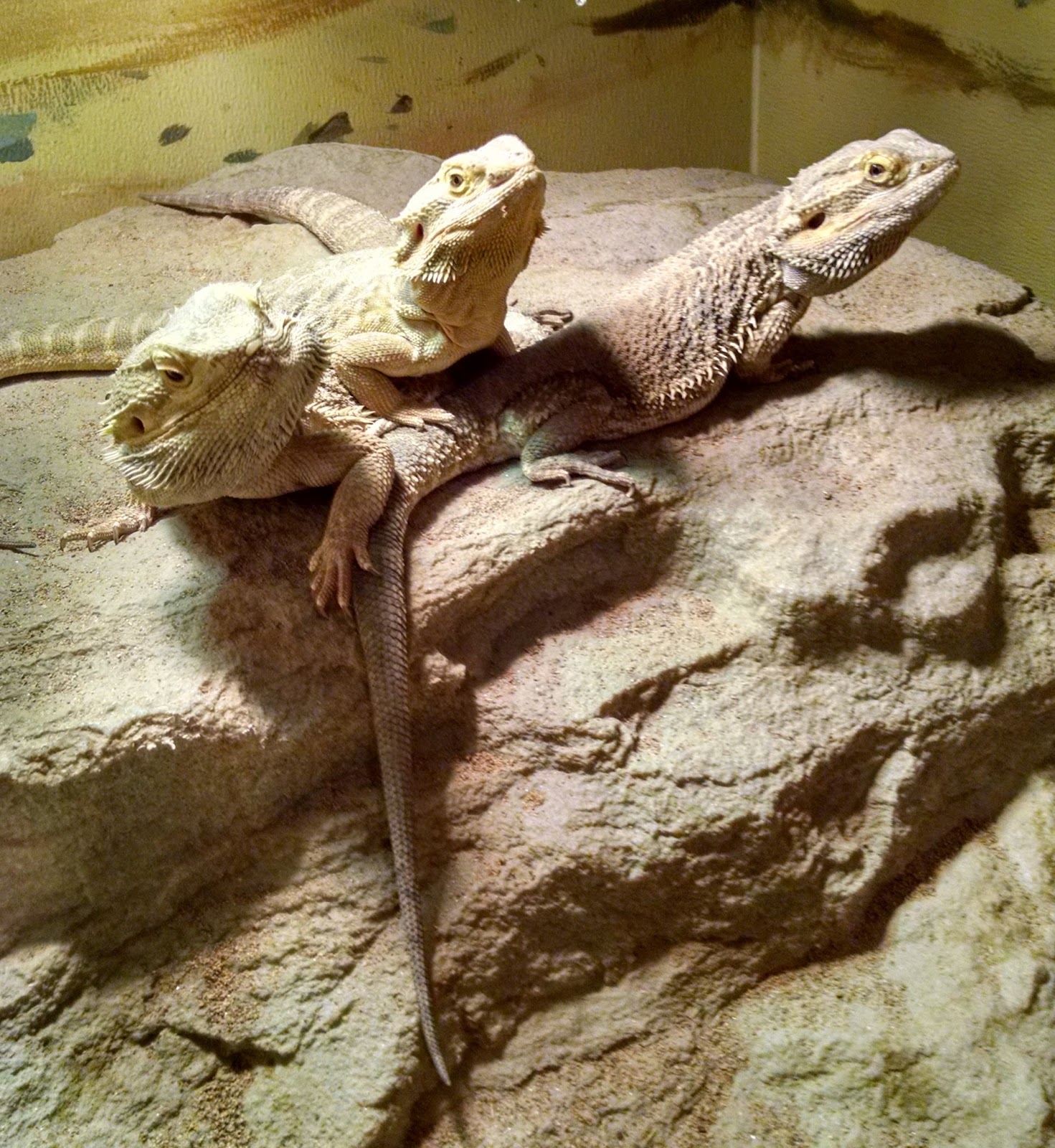Bearded Dragon Research: Everything You Need to Know
Bearded Dragon Research: Everything You Need to Know

Bearded dragons are becoming an increasingly popular choice as pets. They are docile, friendly and relatively easy to care for. If you are thinking about bringing a bearded dragon into your home, it’s important to do your research.
Habitat

Bearded dragons need a habitat that is appropriate for their size and behavioral needs. A glass aquarium that is at least 40 gallons long and 20 gallons wide is a good choice for a single adult dragon. For younger dragons or multiple dragons, a larger enclosure will be necessary. A tank lid is also necessary to prevent escapes and to keep out other animals and children.
Bearded dragons are native to warm, arid regions, so their habitat needs to be heated and well-lit. One end of the tank should be kept at around 95°F to simulate the warm desert temperatures they are used to. The other end of the tank should be cooler, around 80°F. A UVB light is also necessary to provide the UVB rays that bearded dragons need for proper bone growth and overall health.
Diet
Bearded dragons are omnivores, which means they eat both plants and animals. A diet that consists of 80% vegetables and 20% insects is ideal for a bearded dragon. Some good vegetables to offer your dragon include collard greens, mustard greens, kale, broccoli, and carrots. Insects like crickets, mealworms, and silkworms can be offered as a treat or as a source of protein.
It’s important to offer a variety of foods to your bearded dragon to keep them healthy and happy. Fresh water should also always be available in a shallow bowl that the dragon can easily access.
Handling
Bearded dragons can be very tame and gentle animals, but it’s important to handle them properly to avoid injury or stress. It’s important to be gentle and calm when interacting with your dragon, and to avoid sudden movements or loud noises.
When picking up your dragon, it’s important to support their entire body to avoid any injuries to their joints or spine. It’s also important to never pick up a bearded dragon by its tail, as it can break off.
Common Health Issues

Bearded dragons are generally healthy animals, but they can develop health issues if their living conditions are not proper. Some common health issues that bearded dragons face include metabolic bone disease, respiratory infections, and impaction.
To avoid these health issues it’s important to provide proper lighting, temperature, and overall habitat conditions, as well as offering a varied and healthy diet.
Conclusion

Bearded dragons are a wonderful pet choice for those who are willing to put in the effort to properly care for them. With the right habitat, diet, and handling, bearded dragons can be great companions for many years to come. Do your research and give your bearded dragon the care it deserves.
